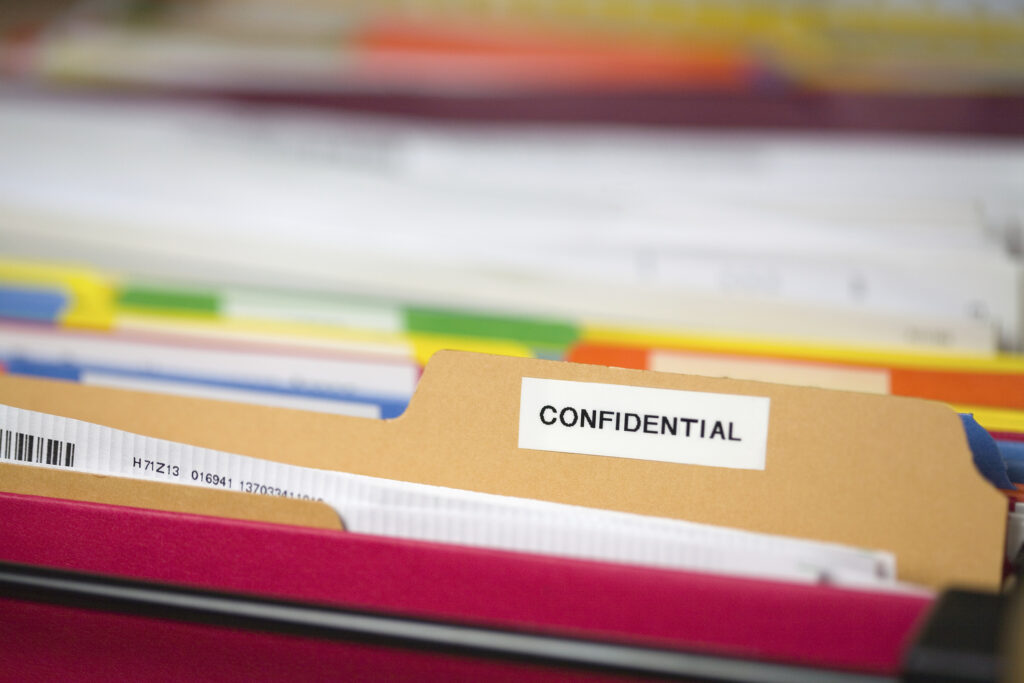A stalled proposal to allow local governments to withhold economic development records from the public has been brought back up for debate by a narrow vote in the Louisiana Senate.
House Bill 461 The bill, introduced by Rep. Stephen Jackson (D-Shreveport), was approved by senators on a 20-18 vote. The bill will return to the House on Thursday afternoon for final approval on two last-minute changes.
The bill would allow local officials to declare records confidential for “economic development” purposes if they determine that their release would “adversely affect” ongoing negotiations for projects worth more than $5 million. Government costs related to the negotiations could also be kept secret.
The records will be embargoed from public view for 12 months after the company is granted confidentiality. If negotiations extend beyond a year, an additional 12-month extension may be granted, but the records cannot be kept secret for more than 24 months.
Get morning headlines delivered to your inbox
The bill's fate seemed uncertain when senators voted 19-19 to pass it last week, with opponents worried it would take away the public's right to know how local officials are spending public money.
Jackson then worked with Republican Sen. Jean-Paul Cousin of Lafayette to amend the bill to make it more palatable to Republican Sen. Glenn Womack of Harrisonburg, one of the senators who opposed the bill last week.
Womack said the amendments put in place limitations to address some of the transparency concerns raised in the previous bill. One change is to define “economic development” as projects that create at least 15 full-time jobs, increasing that to 25 full-time jobs in digital media companies, call centers, research and development investments and corporate headquarters.
The other amendment includes a provision that would likely strengthen current law, stating that, subject to the state's open meetings law, the mayor, parish president or other top local government official “shall not enter into any agreement” without the affirmative vote of the local council or board.
Access to public records is a core element of government transparency and is a common tool used by investigative journalists, local watchdog groups, and concerned citizens to expose government corruption, waste, and other wrongdoing. Every state and the federal government has some kind of “open access” law regarding government records.
Louisiana lawmakers have gradually pared back the state's public records law, adopting more than two dozen amendments that have revoked public access to many government documents since the law was enacted in 1940.
“King-Landry Bill”: Legislature expands Governor's power over state commission
Sen. Thomas Pressley (R-Shreveport), who spoke out strongly against Jackson's bill last week and continued to do so during debate Thursday, asked why digital media and call centers are among the few types of businesses exempt from the public records law and pressed Cousin to explain what he meant by “digital media.”
Cousin couldn't provide specific answers, saying only that the language in the amendment was chosen by its sponsor. The bill was written primarily by the Louisiana Police Jury Association and has support from members of Jackson's Legislative Black Caucus.
Cousin and other supporters of the bill say companies interested in expanding into Louisiana should be able to negotiate with local governments without revealing proprietary trade secrets. But Louisiana Law There is already a broad public records exemption for proprietary or trade secret information about any kind of business.


